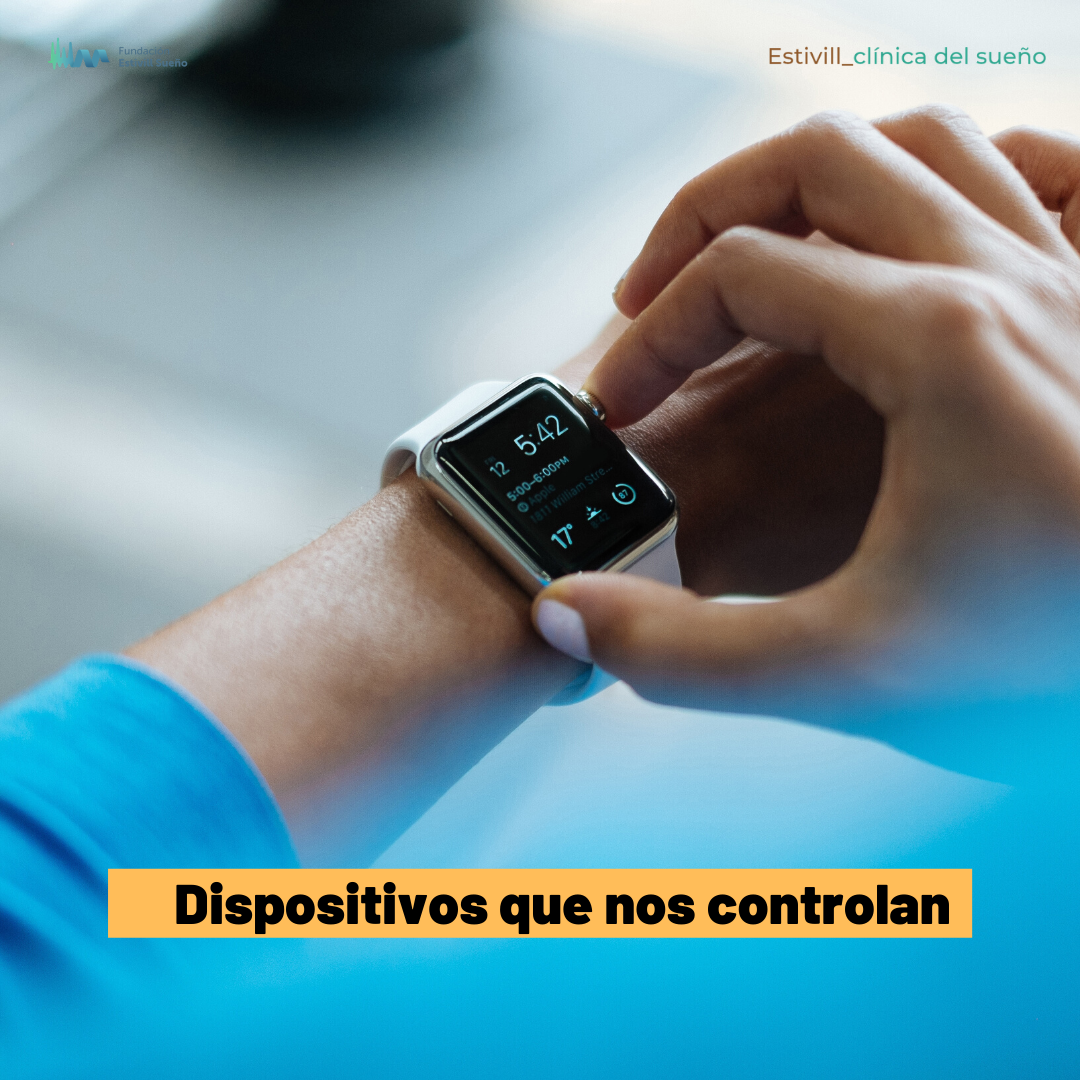The growing interest in care and well-being has produced an increase in devices to evaluate our sleep, and to improve its quality. In addition, advances in technologies have increasingly opened up the offer. For this reason, many people wonder which one is the best, which one we would recommend, or which one best fits what they are looking for.
Indeed, each device has a quality depending on the technology: on the one hand the device can be more or less complete, and on the other hand the medical basis for which it has been developed in that way is very important.
But regardless of the quality of the device, their goal is generally the same:
1.Watches and apps provide us with information about our sleep, and their effect on people is empowerment and motivation to try to improve their rest. So, the most important thing is the person’s gesture and will, rather than the device they choose. It is a way to try to increase hours of sleep, or improve the regularity of schedules. It would also be a tool to improve mild insomnia, although if controlling the record becomes an obsession, it can cause an increase in insomnia.
2.On the other hand we have the Assistants:
They can be devices that provide relaxing music, that assist you in a meditation session, that provide warm light before going to sleep,… But they all have a common objective of preparing for sleep and providing a suitable environment. They provide no more secret than all those sleep habits and psychobehavioral therapies that can help improve sleep quality or mitigate mild insomnia. In this case there is no better option and none of them have the “magic wand”, they are assistants that can be used for everyone, and each one will be suitable depending on the need and motivation of the person in whom it is their best strategy.

